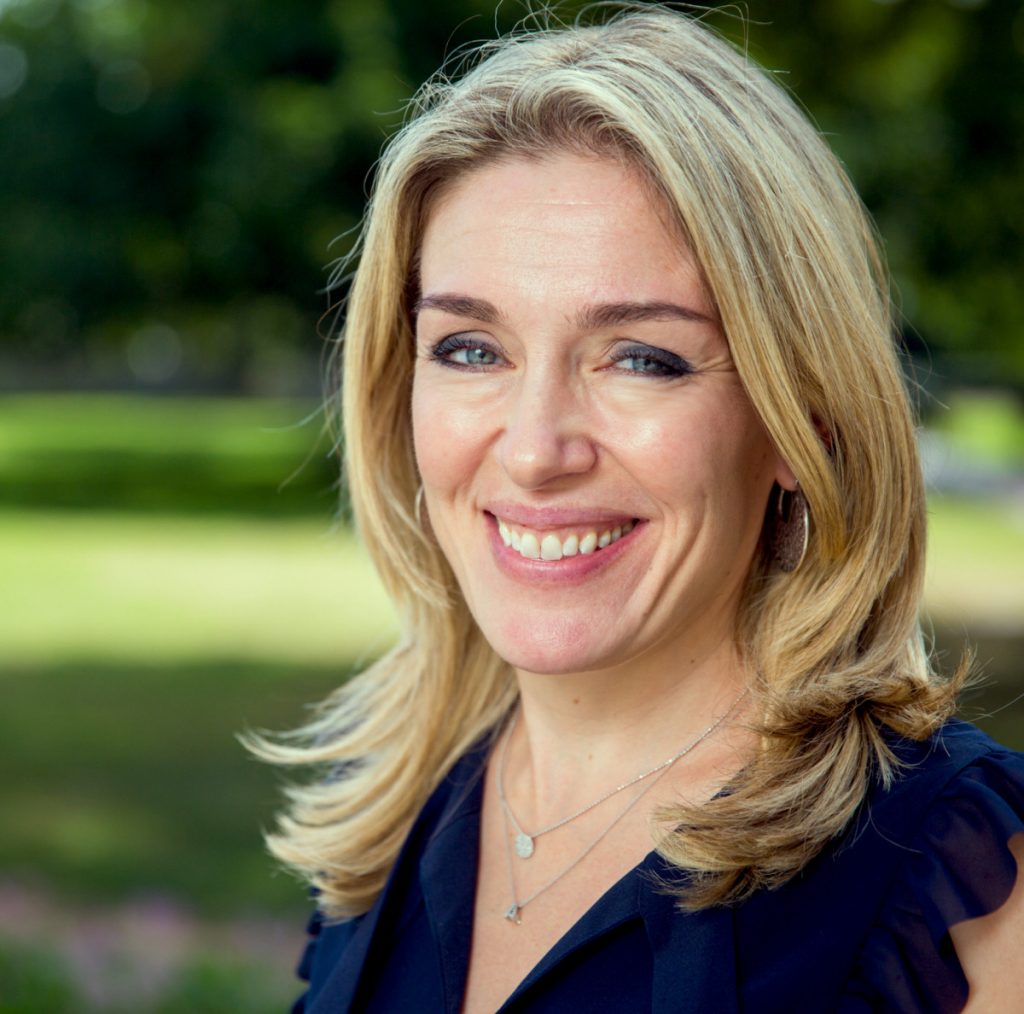While courageous heroes are often seen as fearless, Abigail Marsh argues these protagonists tend to feel fear more than the average person.

“One of the really interesting things about people who are psychopathic … is that they don’t experience fear strongly … and yet they’re not heroes,” Marsh said. “That suggests that fear is actually not the opposite of heroism. It’s something you need to be a true hero.”
At 10:45 a.m. today in the Amphitheater, Marsh will open Week Eight’s Chautauqua Lecture Series theme, “New Profiles in Courage,” with her lecture, in which she will expand on the vitality of fear.
Darren Walker, president of the Ford Foundation, will introduce Week Eight’s theme prior to Marsh’s lecture.
“I’m hoping the introduction will situate the idea of courage as a throughline for the week,” Walker said. “Courage, not being simply bravery, but a willingness to put one’s own assets, reputation and status at risk in order to ensure a more fair and just world.”
As an author, psychologist and professor in both the department of psychology and the interdisciplinary program in neuroscience at Georgetown University, Marsh has extensive research experience in psychology and neuroscience. Her work focuses specifically on social behavior, particularly on the reasons the brain enables empathy and apathy.
“I’ve always really been interested in how people come to behave the way that they do,” Marsh said. “My interest in altruism in particular … can (be) traced back to this incident of having been rescued by a stranger myself.”
When Marsh was 19, she was in a nearly fatal car accident. Her car spun into a lane of oncoming traffic on the freeway, and a man ran across four lanes of traffic to save Marsh’s life. This led her to wonder why he would risk his own life in an attempt to save hers.
But when Marsh was 23, a contrasting experience occurred. She was hit in the face by a stranger at a New Year’s party, which broke her nose.
“It was a very unexpected event that I think really pulled my thinking in the direction of (understanding) human behavior as a continuum,” Marsh said.
Her research on altruism can be used to help people understand the core of acts of courage, specifically on a cognitive processing level. During her lecture, she will speak on the need to feel and sense fear, while simultaneously overcoming that fear to help others.
Too often, Marsh said, real-life heroes are described as guardian angels and saints, which she feels makes their actions seem unattainable.
“I think understanding the nuts and bolts of what allows (these heroes) to act so courageously, from both a cognitive and neural perspective, makes it clear that the capacity for empathy, altruism and courage is part of the basic makeup of humans and is attainable by most people,” Marsh said. “… There’s nothing supernatural or superhuman about being altruistic or heroic.”
Aspects of Marsh’s book, The Fear Factor: How One Emotion Connects Altruists, Psychopaths and Everyone In-Between, will also be brought to the forefront during her lecture, as well as new data she has acquired since its 2017 publication.
Marsh hopes Chautauquans who attend her lecture “will never describe real-life heroes as fearless again.”
She believes this sort of categorization lessens how heroic their bravery truly is, as these heroes put their own well-being on the frontlines despite the fear they feel.
“(Those who want to be braver need to remember that) feeling fear is not the opposite of being brave,” Marsh said. “It’s a necessary requirement for being brave.”
Staff writer Kaitlyn Finchler contributed to this report.




